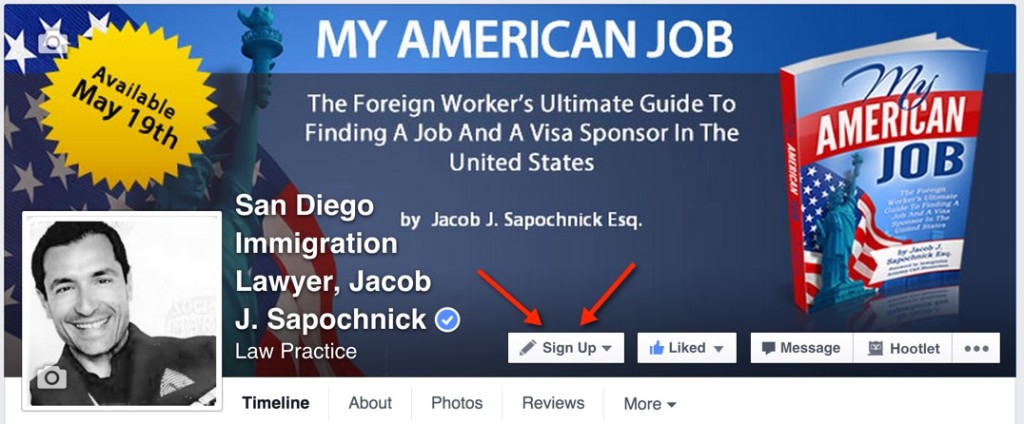You have Questions, We have your Answers. Here are answers to 5 of your Frequently Asked Questions
In this blog we are answering 5 of your frequently asked questions in detail. Please remember that every case and every story is different and unique. You should not compare your situation to anyone else’s. We hope that our answers will provide you with further guidance on your immigration journey. For any further questions please visit our website or call our office for a free legal consultation. We thank you for your continued trust in our law office.
Q: I am visiting the United States as a tourist from a non-visa waiver country. My duration of stay will expire in approximately 1 month. Is it possible for me to extend my stay in the United States?
A: Yes, it is possible to extend your duration of stay if you plan to remain in the United States for purposes of tourism, leisure, or medical treatment. In order to extend your duration of stay you must file Form I-539. The process can be confusing for some, we recommend that all applicants seek counsel from an accredited legal representative or attorney to guarantee success. In order to extend your duration of stay, you must be able to provide documentation proving that they have strong ties home including but not limited to: proof of employment, proof of academic enrollment, deed of property ownership, proof of financial obligations, etc. You must also be prepared to provide documented evidence supporting the fact that your stay will be for temporary purposes of tourism and/or leisure including a detailed personal statement establishing the fact that you will be in the United States for a temporary period of time, and will be returning back to your home country at the conclusion of your trip. Lastly, you must provide evidence that you have the sufficient finances to support yourself in the United States. The more evidence you can provide to support your claims, the better chances of your application being approved.
 Visa Lawyer Blog
Visa Lawyer Blog





